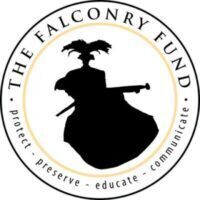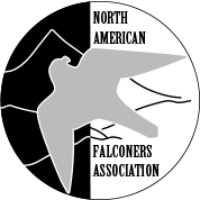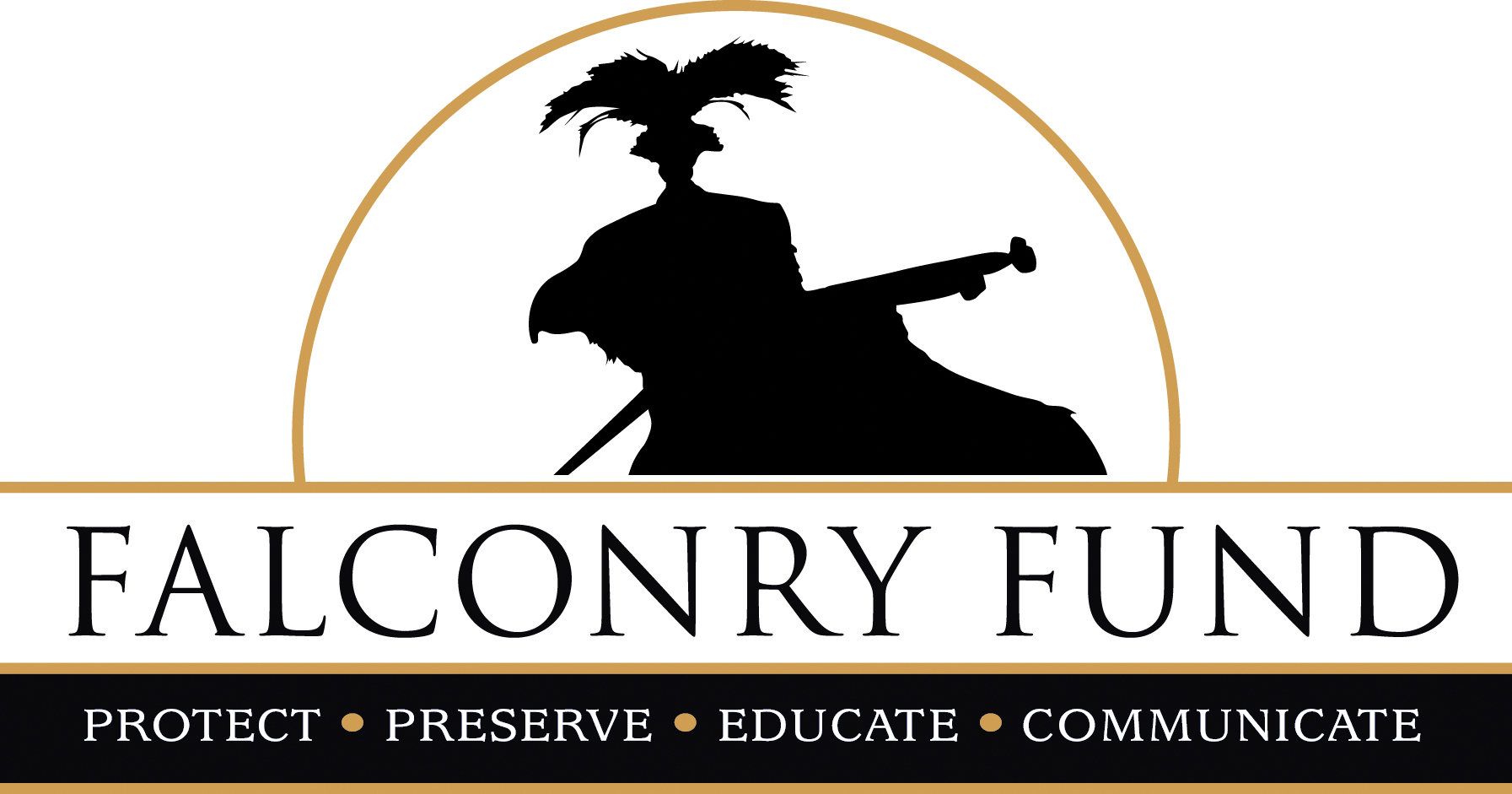Falconry Fund and NAFA Small Grants Program


Raptor and Falconry Small Grants Program
Request for Proposals
The Falconry Fund (FF) in partnership with the North American Falconers Association (NAFA) invites proposals for the Raptor and Falconry Small Grants Program (RFSG). This program stimulates innovative science, outreach, and scholarly activities for the North American falconry community that specifically support raptor conservation, the falconry tradition, and falconers.
All proposals must show a clear means of making an impact in one or more of the three tiers that support falconry: the raptors, the traditions and heritage of falconry, and the people. These three core areas represent the foundation of falconry in North America. We value projects with the potential for contributions that cross all three core areas, and are especially interested in projects that incorporate sound science or a scholarly approach that exemplifies the positive role that falconers and falconry knowledge plays in fostering raptor conservation, wildlife management, and preservation of the rich heritage of North American falconry traditions. Although the program is focused on North America, successful proposals may sustain falconry locally, regionally, nationally, and / or internationally.
2021 Program Timetable
June 1: RFSG Program Call Issued
August 15: Proposals Due
September 1 to November 1: Proposal Review
November 20: Applicants Notified at Annual NAFA Field Meet
December 1: Projects Can Start as of December 1st
*Requests for rapid response funds are entertained year-round
Proposal Themes
The FF and NAFA welcome proposals from falconers, raptor enthusiasts, citizen scientists, archivists, falconry clubs, graduate students, and academic scientists. The support from this grant is intended to span the entire range of falconry stewardship by demonstrating a sincere effort to preserve or elevate either the raptors, the sport, or the people. Consistent with the mission the FF and NAFA, we will prioritize proposals that advance the science and health of raptors, the understanding of falconry, and support falconers in their roles as raptor advocates through community leadership and environmental stewardship. Areas of focus include:
Theme 1: Conserving Raptors & Raptor Prey
- Citizen Science
- Project based on falconer(s) observation
- Project focused on local or practical raptor or falconry knowledge
- Conservation Science
- Natural and cultural history research
- Scientific investigation of human-raptor interactions
- Science-based population modeling
- Scientific investigation of raptor behavior
- Wildlife biology and management practice that preserves threatened raptor prey species and their ecosystems
- Veterinary Science
- Husbandry and captive management
- Medicine
- Breeding
Theme 2: Preserving Falconry Heritage
- Outreach and Education
- Promotion of, or advocation for, the cultural heritage of falconry
- Formal curriculum and learning initiatives focused on raptors and/or falconry
- Extension programs for non-formal education and learning
- History and Traditions
- Historical exploration and investigation
- Policy, law or regulation reviews
- Cross-cultural falconry text translations
Theme 3: Supporting Falconry People & Practice
- Convene a Meeting or Workshop
- Falconers are a catalyst for change – do you have a novel idea that will contribute to our understanding of raptor science or falconry traditions?
- Preserve Falconry Landscapes
- Falconers can lead local efforts to preserve prairies, key raptor nesting sites, habitat restoration, etc. that sustain the sport of falconry
- Develop Novel Equipment or Technology
- Electronic databases that support one of the three themes
- Websites that support one of the three themes
- Rapid Response Funds
- Time sensitive projects may be considered under extreme circumstances such as emerging infectious diseases in raptors and/or quarry
All RFSP proposals must:
- Describe a clear path to impact. Clearly outline the steps of your project and how each step leads to the next and, ultimately, to the impact you hope to achieve. Importantly, describe how your project will move from the output to the outcomes and impact stages, and the role your partners might play in helping to achieve this.
- The complete proposal must consist of a cover sheet, narrative with supporting information, and budget. Awards are generally made for projects up to 12 months duration, though longer projects will be considered.
Proposal Instructions
- Provide a simple cover sheet (see specific details below).
- Provide an abstract in non-technical language (maximum 300 words) of the proposed activity. This abstract may be used in whole or adapted by the FF and NAFA for announcements and publicity material.
- Complete a proposal narrative with supporting information. This must be a single word document or pdf file, with 12-point font, single-spaced, with at least one-inch margins. Please see instructions for proposal narrative content below.
- Complete a budget summary that is clearly linked to your proposal activities. RFSG funding may be used for any reasonable and appropriate research expense. Support for postdocs, students, and technical staff is permitted. The maximum budget request is $4,000.
Proposal Narrative Content (5 pages maximum – excluding budget, timeline, and references)
- Cover sheet
- Project Title
- Contact information for the Principal Investigator(s): full name, title, address, phone, fax, e-mail address, institutional organization or affiliation (if any)
- Brief statement of the project’s relevance or application to falconry (i.e. how the proposal addresses one of the three themes)
- Accounting: If the proposal is funded, to whom or to which organization would the check be made payable, and where should it be mailed? Provide account number information for direct deposit payment
- Background Information (summarize your research topic and its importance – explain what led you to this topic, including your prior experience and the timeliness and importance of the project)
- Purpose of Study (describe the overarching challenge or research question that you will address)\Specific Aims or Objectives (Describe the aims of the study)
- Methods (describe specific activities and how you will accomplish them)
- Expected Results or Products (describe specific outcomes anticipated and how information or products will be shared or disseminated and to whom; include a statement of reporting)
- Budget (prepare an itemized budget that clearly connects with project activities)
- Timeline (summary of activities in a calendar year – or longer, if appropriate)
- Literature Cited (references are desirable, and can be in the form of scientific reports or falconry lay publications including the NAFA journal, Hawk Chalk, Archives of Falconry resources, etc.)
ResponsibilitiesInvestigators awarded RFSG funds will:
- Submit a final report. Reports should describe results and progress relating to each specific metric of success presented in the original proposal.
- Publish a report or story detailing the results of the funded work in one of the NAFA publications, the Hawk Chalk or the annual Journal.
- Acknowledge the FF and NAFA in all presentations, reports, and publications stemming at least in part from this funding.
Click here to view Review CriteriaPlease upload your Small Grant Request Proposal using the online form at the Raptor and Falconry Small Grants Program or send your email to: [email protected]
